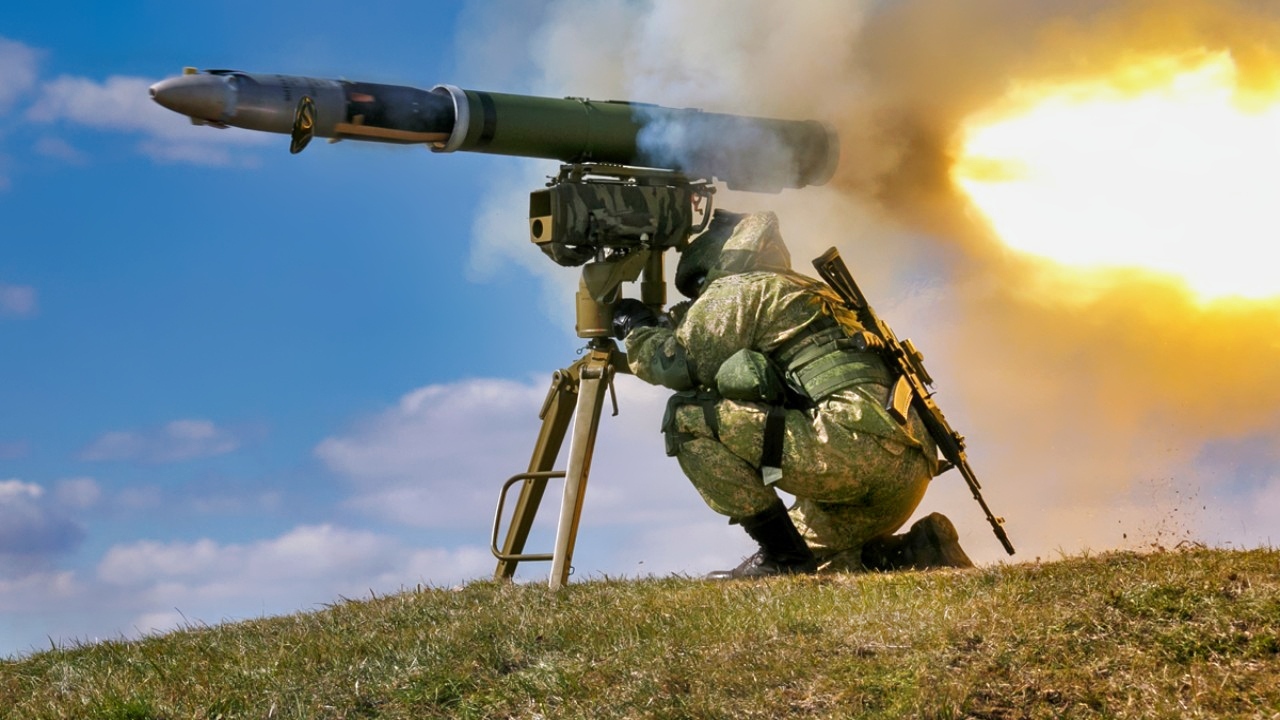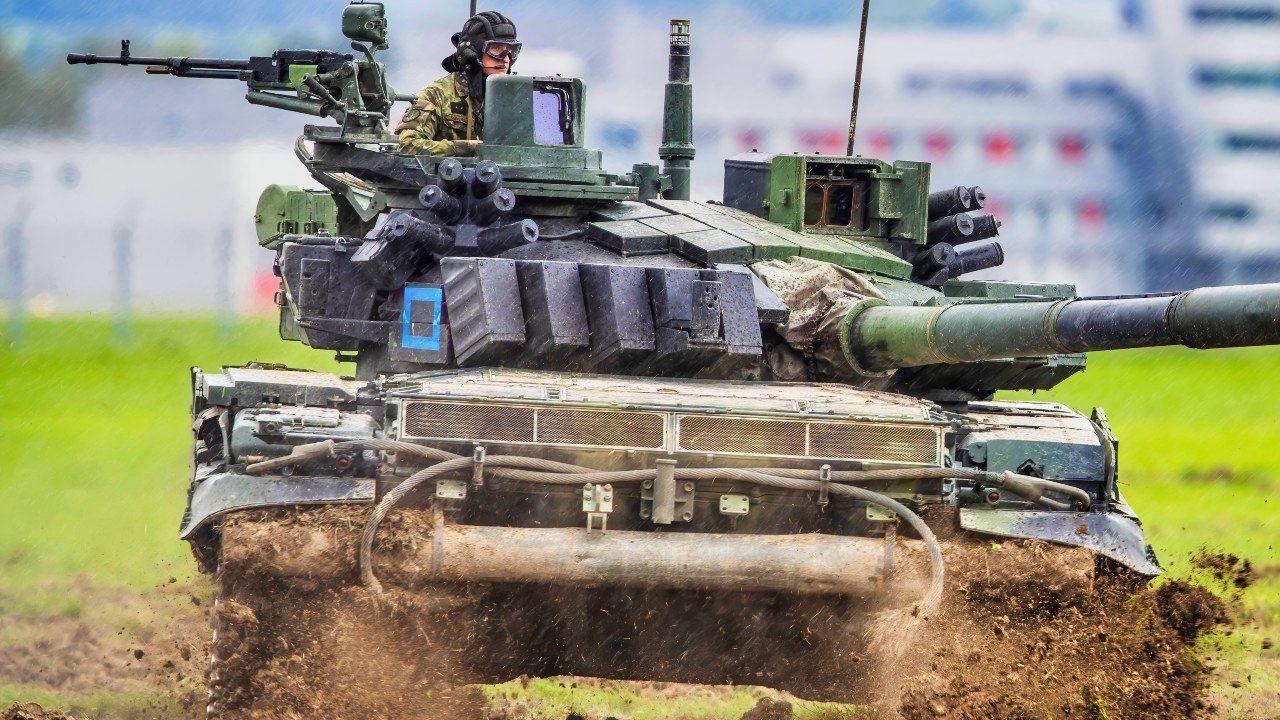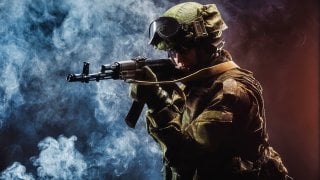The Russian Military Will Be 'Battle-Hardened' After Ukraine War
Perhaps the most important lesson for Putin is the realization that he cannot rely on the military’s assessments of its readiness, forcing him to take a more direct role in overseeing strategic operations. Ultimately, the combination of strategic lessons and a battle-hardened force will make Russia more lethal on future battlefields.
Russia’s Military Will be Better Prepared for a War with Europe After Ukraine: As Russia unleashed its war machine on Ukraine in February 2022, even the United States anticipated a swift Russian victory. Confident in their dominance, Russian soldiers reportedly packed victory parade uniforms for Kyiv, expecting to capture the Ukrainian capital within days. In the lead-up to the full-scale invasion, experts from RAND argued in Foreign Policy that, “The West’s weapons won’t make any difference to Ukraine.”

Yet, in the early months of the war, Russia's military performance turned into a global spectacle of failure. However, Russia has since begun learning from its mistakes.
However, being better prepared still doesn’t mean Russia is ready to take on NATO’s forces. Russia’s leadership launched the invasion of Ukraine believing the army was in far better shape than it was. But now Russia is spending up to six percent of its overall GDP on defense and that’s unlikely to change anytime soon. By 2025, Russia aims to spend 32.5 percent of its total budget on defense, up from 28.3 percent this year.
With aid from North Korea, Russia is now capable of firing approximately 10,000 rounds of ammunition daily without depleting its stockpiles at an alarming rate. In stark contrast, Germany would burn through a year’s worth of production in just seventy days at that pace.
Additionally, Russia has made significant advances in modernizing its combat systems, increasing drone production sixfold, and expanding its arsenal of supersonic and hypersonic missiles.
A ceasefire or peace deal in Ukraine would allow Russia to rapidly replenish its military stockpiles. Experts suggest it could take Germany nearly a century to rebuild the Bundeswehr’s military capacity to 2004 levels. For now, Russia’s priority is building a larger army to fight prolonged land wars.
Despite suffering heavy casualties in its relentless assaults on Ukraine, the Russian army continues to grow in size. President Vladimir Putin has set a goal of expanding the Russian military to 1.5 million active personnel by the end of 2024. In line with this, the Russian defense ministry is planning on drafting 133,000 young men for military service in September 2024. According to Ukrainian intelligence, Russia can replenish its forces by up to 30,000 troops each month.
The chair of Lithuania's national security committee estimated that it would take Russia between five and seven years to rebuild its forces for a new full-scale war. However, if Russia were to prevail in Ukraine, it could potentially conscript hundreds of thousands of Ukrainians into its military, as it has already done in the occupied territories. Russia would integrate Ukraine’s extensive military-industrial complex to support the Russian army and feed its needs.
When Russia launched its invasion in 2022, it believed it was facing the Ukraine of 2014, but it was mistaken. Ukraine had been battle-hardened by eight years of fighting in the Donbas, and Russia severely underestimated its military capabilities. Now, with several years of large-scale warfare under its belt, the West must be careful not to underestimate Russia’s evolving combat proficiency.
The invasion of Ukraine exposed significant gaps in Russia’s military readiness. However, Russia is now gaining critical experience in executing and countering modern warfare, while also adapting to Western tactics. In Syria, Russia has been closely monitoring Israel's use of Western-supplied weapons, many of which are similar to those now provided to Ukraine, allowing Russia to gain valuable insights into how to counter them.

Perhaps the most important lesson for Putin is the realization that he cannot rely on the military’s assessments of its readiness, forcing him to take a more direct role in overseeing strategic operations. Ultimately, the combination of strategic lessons and a battle-hardened force will make Russia more lethal on future battlefields.
About the Author:
David Kirichenko is a freelance journalist and an Associate Research Fellow at the Henry Jackson Society, a London-based think tank. He can be found on the social media platform X @DVKirichenko.
Image Credit: Creative Commons and/or Shutterstock.


